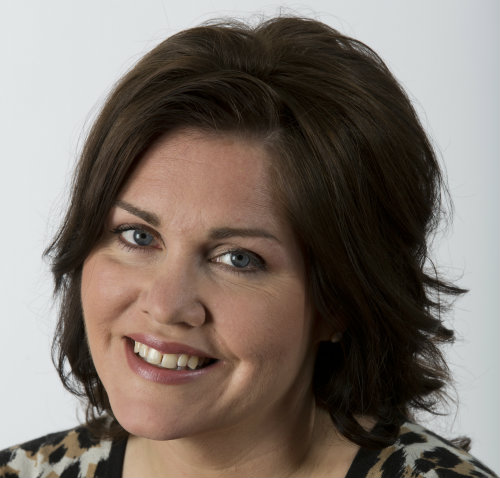Each Friday, Points North gives a senior media figure a platform to air their views on a topical or relevant issue.
This week it’s Sam Walker, who this week started as the new drivetime presenter on BBC Radio Manchester, and also co-presents the weekend breakfast show on Radio 5 live. She argues that even in the age of global news apps and social media, local radio has a significant role to play.
As a broadcaster, who until recently always had a foot in both camps, I was often asked: “Which do you prefer – commercial radio or the BBC?” My reply was always that they were like two friends with equally strong personalities who had very different ideas of fun. You’d have a great night out with either of them but they’d be singular experiences.
Since working almost exclusively for the BBC for the last two years across local and national platforms, the question has now shifted to include a discussion of the merits of network versus local radio. Or rather: “Do I feel limited when broadcasting to just a small section of the country as opposed to the whole of the UK?”

As the world gets smaller, with global news fitting into constantly updated apps in the palm of our hands, with social networks bringing us news from the far corners of the planet in ways and at speeds we’ve never experienced before, “what’s the point of local news” you may ask. What’s the point of local radio? Why is it still relevant?
For the same reason that radio is still around decades after we were told TV would confine it to the scrapheap, years after we were told mp3 players and music streaming services would render it pointless.
Because we’re human and we want to connect emotionally with those around us. Because often big national stories become relevant and thus more powerful to us as individuals when we can understand how they impact directly on our lives.
On network radio I’ve often covered big news items about extreme weather – flooding, blizzards, storms – working in a team to get across a really important national picture of how services are coping and defences holding up.
Earlier this week, on my new BBC Radio Manchester programme, I challenged a council about the fact they hadn’t gritted the roads around some sheltered housing near Rochdale and elderly residents hadn’t been able to get out to the shops for four days. We knew about this because someone called us to tell us about it. The following day, I got a gleeful call telling me the gritters had been out in force and those people had been able to get out and do their shopping.
In the great scheme of global breaking news and world politics, this of course doesn’t register. But what a treat to know that a small number of people had a better day because of something we could do. That’s the power of local radio.
Sam Walker presents the drive time programme on BBC Radio Manchester every week day.









